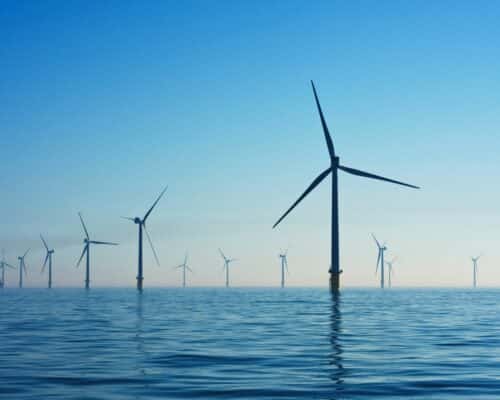Japan

Fossil Fuels Dominate Japan Energy Sources
Japan sources the overwhelming majority of its energy and electricity from fossil fuels. However, the country's domestic fossil fuel reserves are minimal. As a result, Japan imports most of its energy, placing its energy security in a precarious position.

The Environmental and Climate Impacts of False Solutions on Japan
Japan is the leading proponent of the mass adoption of ammonia co-firing and CCS technologies for power generation domestically and across Asia. However, scientists warn that such steps will not only fail to reduce emissions but could also result in adverse impacts, including air pollution, water contamination and ecosystem degradation.
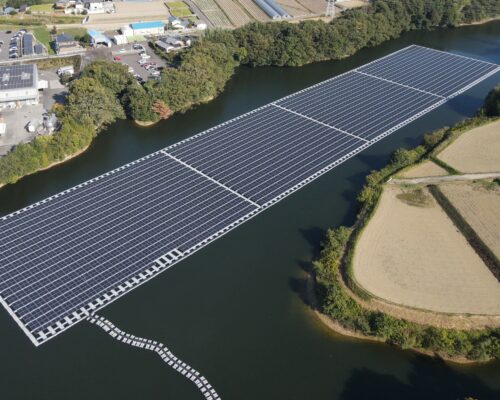
Solar Energy in Japan: Room For Growth
Solar energy is Japan's most used renewable energy source, yet it still makes up a small portion of its total energy mix. This will need to dramatically increase for Japan to stay aligned with its renewable energy and decarbonisation goals.
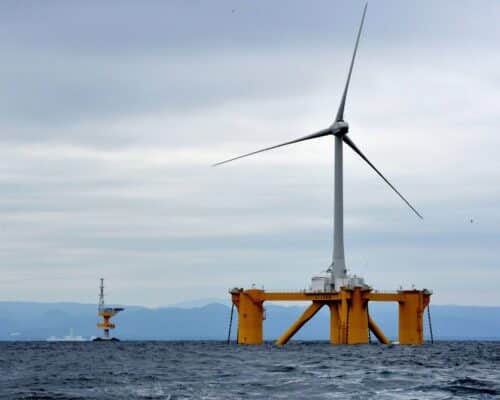
Renewable Energy Companies in Japan Are Crucial For Decarbonisation
Japan's renewable energy sector is slowly growing, with some of the country's largest energy developers beginning to invest heavily in low-carbon solutions. The government must encourage these companies to target true renewables, like offshore wind and solar rather than untested "clean" fossil fuel technologies.
Environmental Issues in Japan and Solutions
Japan is particularly susceptible to climate change impacts as an island nation that straddles climate regions. However, its emissions targets are relatively new, and there is little progress to show towards them. This is exacerbating several existing environmental impacts within the country.
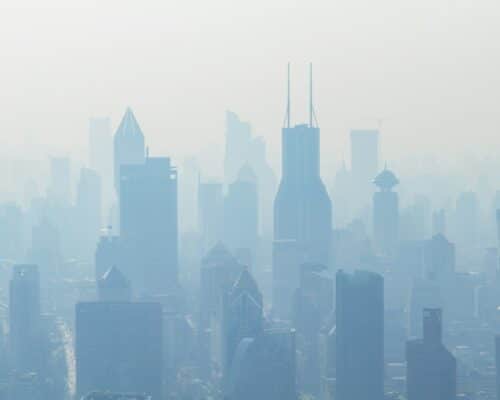
False Solutions to Climate Change Promoted in Southeast Asia Pose Various Risks
Instead of helping Southeast Asia wean itself off fossil fuels, ammonia-hydrogen co-firing solutions and CCS risk perpetuating their use and locking climate-vulnerable countries into a future of high emissions, air pollution and ecosystem disruption.

LNG Demand Decline in Japan To Cause Oversupply Through 2030
Considering the economic, environmental and energy security arguments, investing in new LNG capacity to accommodate the oversupply of Japan’s utilities instead of clean energy is a short-sighted, strategic misstep for developing Asia.

The Impact on Japan as President Biden Halts LNG Exports From New Plants
While President Biden’s decision doesn’t threaten energy security and short-term deliveries, it is yet another nail in the coffin of the theory that natural gas is the reliable “bridge fuel” the world needs.

Japanese Automakers’ EV Plans Under the Spotlight
Toyota Chairman Akio Toyoda has used a dip in global EV sales to justify his anti-EV stance. However, there's more behind the scenes. The legendary car maker has fallen behind its global EV rivals and is challenged by environmental groups for negatively influencing Paris-aligned climate policy.

Clean Coal vs Renewables: Economic Costs and Gains For Southeast Asia
Despite the subsidies and industry support, Japan’s proposed technologies are struggling to prove promising even at home. Yet, it aims to export them to countries with much more fragile economies and significant challenges. Crunching the numbers reveals that Southeast Asia has a lot to gain if its pursues renewables instead.
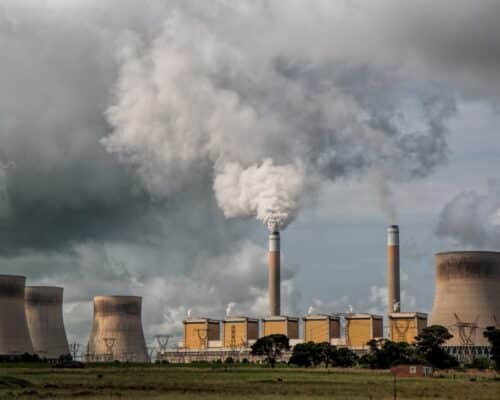
Why Does Japan Rely on Fossil Fuels?
Japan is often overlooked in the conversation about the biggest climate offenders. However, in their current form, Japan’s plans for “clean coal” and hydrogen pose a major risk, extending the life of fossil fuels.

The Problem With Japan’s Carbon Neutrality Targets and Climate Strategy
Japan is a hotspot for technology advancements, research and development. Few can rival its ability to create and scale new technologies and bring them to the market. Yet, the leadership has been questionable at best regarding climate progress and energy policy ambition.
Most Popular
Categories
-
9
-
31
-
127
-
4
-
17
-
39
-
50
-
14
-
10
-
15
-
23
-
6
-
153
-
161
-
23
-
1
-
22
-
29
-
36
-
64
-
14
-
74
-
40
-
17
-
6
-
28
-
20
-
84
-
243
-
20
-
35
-
31
-
9
-
41
-
35

